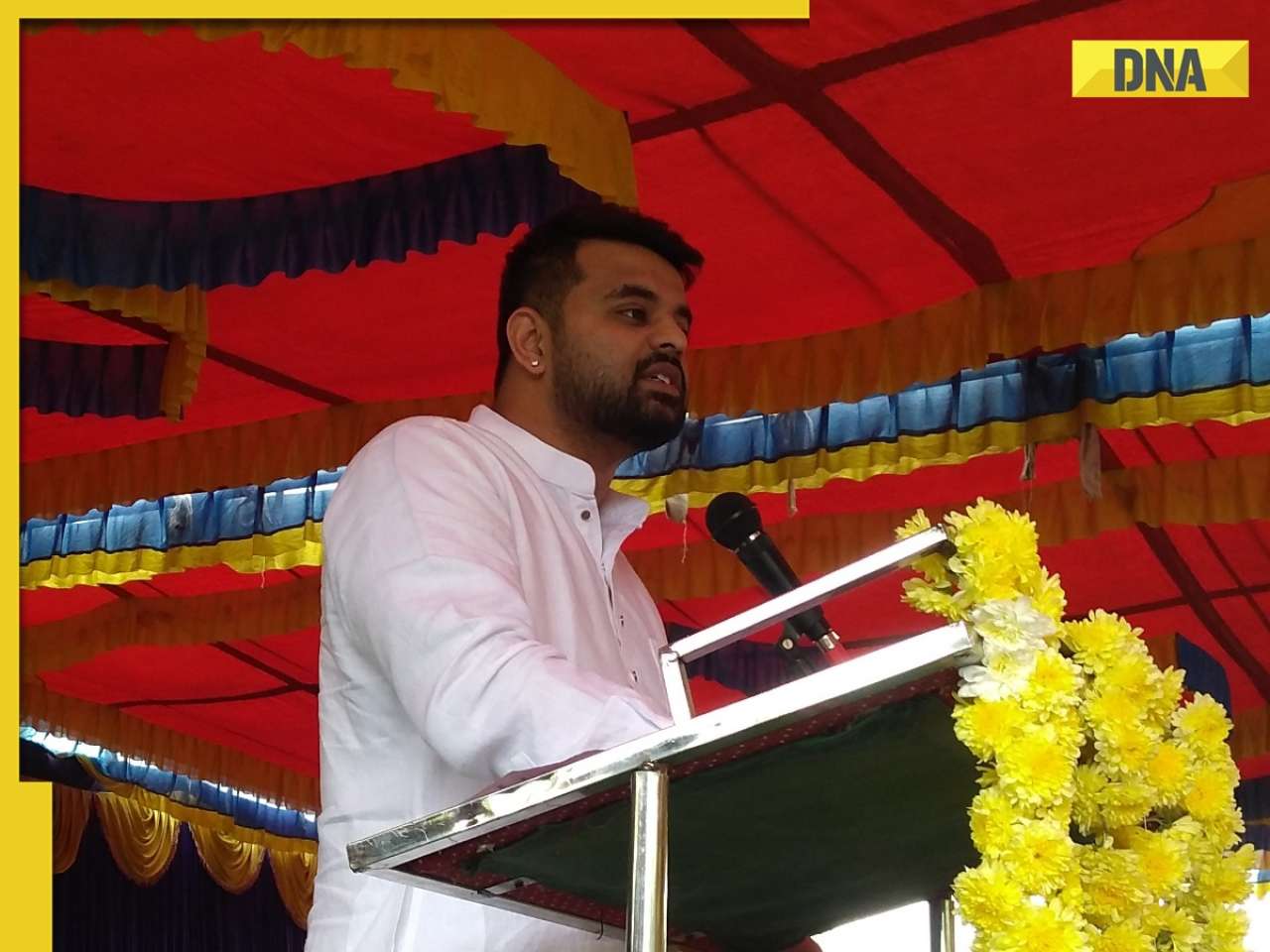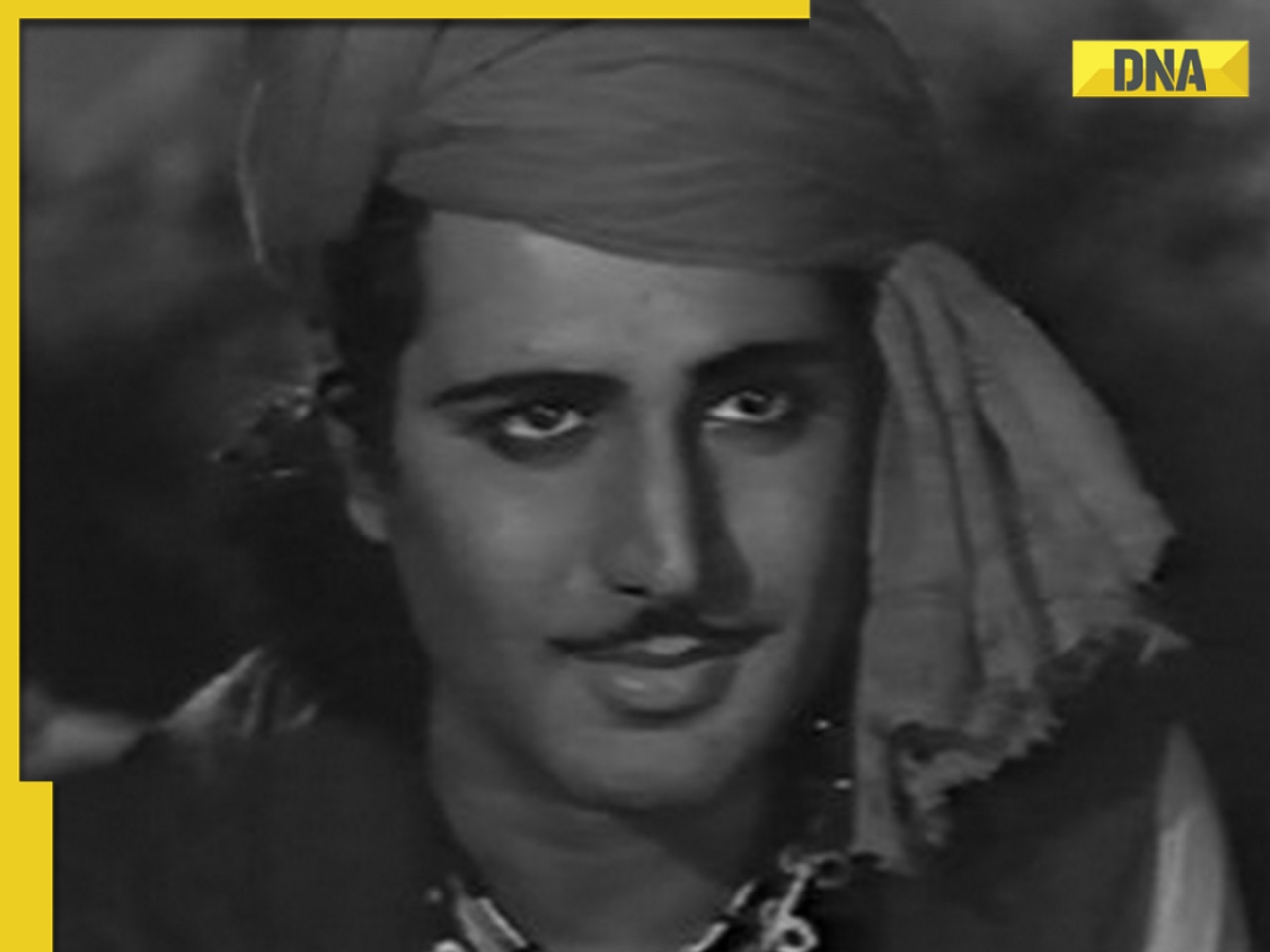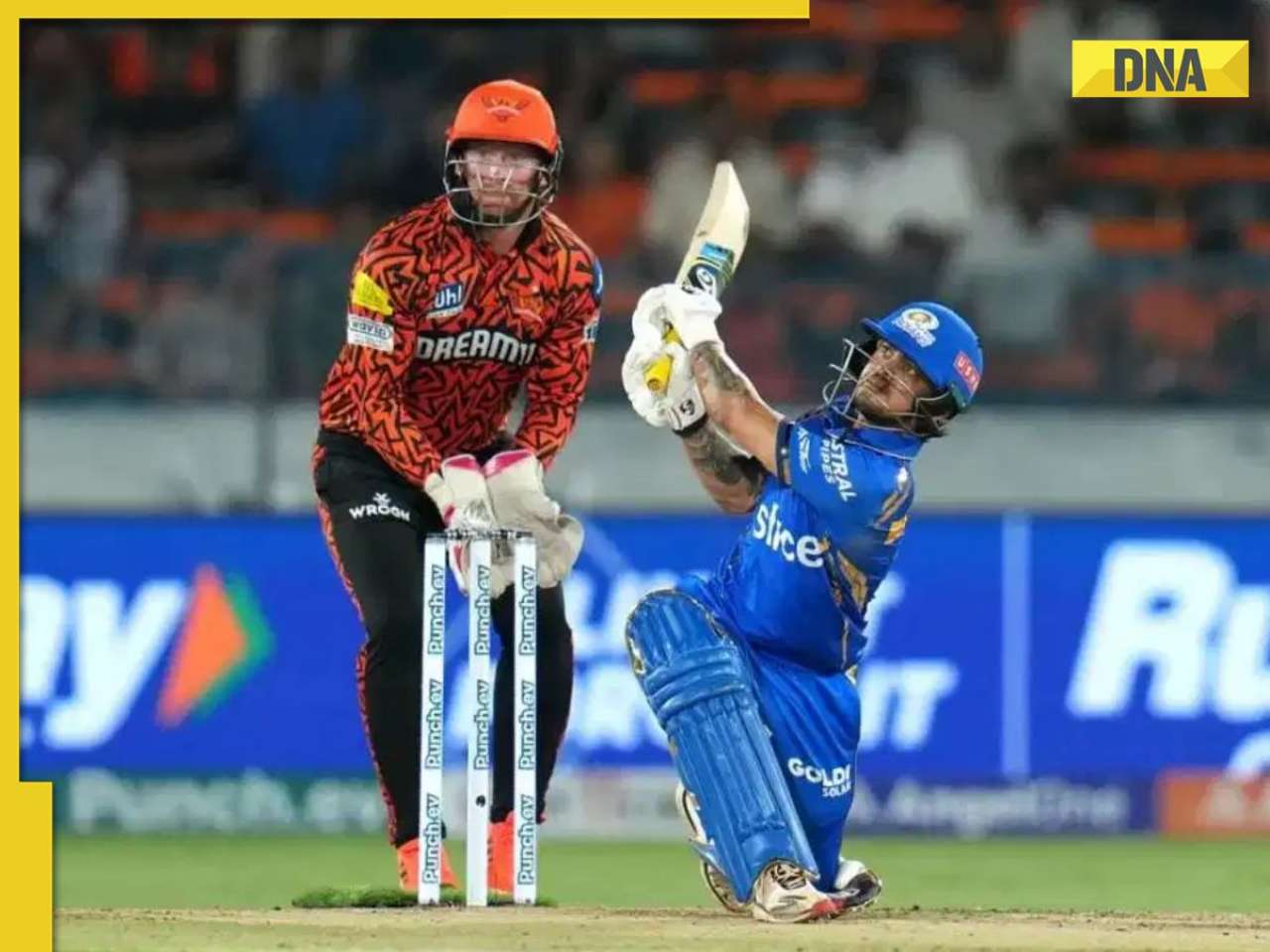After a recent Supreme Court judgment took away their arms and salaries, they have been left them with only two options: either form own groups or switch loyalties to save themselves from Maoists.
Special police officers (SPO), appointed by the state police in Jharkhand and Bihar to fight Maoists, are in hiding.
After a recent Supreme Court judgment took away their arms and salaries, they have been left them with only two options: either form own groups or switch loyalties to save themselves from Maoists.
On July 5, the apex court banned SPOs in Chhattisgarh and directed the Centre to stop funding, directly or indirectly, the recruitment of SPOs for counterinsurgency operations.
Prior to the apex court judgment, the Union government (home ministry) gave the SPOs salaries, through the state police, from the Security Related Expenditure (SRE) funds.
Now, it has stopped releasing funds and the state police have taken back all arms, which were given to them unofficially.
But the judgment and subsequent actions have left about 10,000 SPOs (Jharkhand and Bihar) in a tight spot. The state police mostly appointed former Maoists as SPOs. Now, the Maoists are baying for their blood as they have killed or have helped the state police in killing several rebels and they do not have arms to fight back or the backing of the state.
DNA met several SPOs in Jharkhand who were directly involved in
anti-Maoist operations. “If we don’t get proper protection and opportunity, we won’t have any option but to start our own group to save our lives,” Sanjay Baiga from Ranchi district, Jharkhand, said.
Baiga (name changed) became an SPO in 2009. He and his team of SPOs have gunned down several Naxalites and their sympathisers in the state. The Naxalites are on a constant lookout for us, he said. “We feel so unsafe without our guns. We did not get any salary for the past two months.”
Though the states appointed SPOs and gave them arms, nothing was recorded on paper. The police from Jharkhand and Bihar too denied they had used SPOs in anti-Naxal operations.
But DNA spoke to several SPOs who not only accompanied the police in combat operations but also led from the front, often under duress. A senior police officer did confirm this but expectedly did not want to come on record. “SPOs were given arms because of their familiarity with Naxal-infested areas,” he said.
Another SPO from Kunti district, Jharkhand, said they were given pistols for personal safety. During operations, they got AK-47s and other sophisticated weapons.
In Bihar too the situation is same. But the DGP had admitted that SPOs were working for the state police when Naxalites gunned down two armed SPOs on July 2, 2011, in Munger district, Bihar.
The appointments in both states began in 2009 under the Union home ministry’s Security Related Expenditure plan (SRE). The Centre permitted Bihar and Jharkhand to engage 6,666 and 3,400 SPOs.
An advocate from Munger, who did not want to come on record fearing police harassment, said the judgment has left the SPOs in the lurch. “Every SPO realises that he is on the Naxalite’s hit list,” he said. “They have to either go back [to being Naxalites] or retain arms to protect themselves.”
GS Rath, DGP (Jharkhand), however, denied that SPOs were involved in anti-Naxal operations. “They gave us only information,” he said. “In exchange we gave each SPO an honorarium, either from central or from state funds.” He said it was a part-time job for the SPOs. “They are free to take up any job even while working for us,” he said.
DNA has copy of a fund bill (SRE) for a district in Jharkhand that shows an SPO getting Rs3,000 monthly as “honorarium”.
On the issue of this “honorarium” being stopped for the past two months, Rath said the Centre had not released any funds after the judgment. “Once we get it, we will pay the SPOs,” he said. “But I cannot guarantee a time frame as I do not know when the Centre will clear the funds.”
The 1861 Police Act says SPOs can be appointed. Several state police legislations too have similar provisions. SPOs, according to the rulebook, should supplement normal police administration by acting as informers.
![submenu-img]() Meet India's highest paid director, charges 30 times more than his stars; not Hirani, Rohit Shetty, Atlee, Karan Johar
Meet India's highest paid director, charges 30 times more than his stars; not Hirani, Rohit Shetty, Atlee, Karan Johar![submenu-img]() Indian government issues warning for Google users, sensitive information can be leaked if…
Indian government issues warning for Google users, sensitive information can be leaked if…![submenu-img]() Prajwal Revanna Sex Scandal Case: Several women left home amid fear after clips surfaced, claims report
Prajwal Revanna Sex Scandal Case: Several women left home amid fear after clips surfaced, claims report![submenu-img]() Meet man who studied at IIT, IIM, started his own company, now serving 20-year jail term for…
Meet man who studied at IIT, IIM, started his own company, now serving 20-year jail term for…![submenu-img]() Gautam Adani’s project likely to get Rs 170000000000 push from SBI, making India’s largest…
Gautam Adani’s project likely to get Rs 170000000000 push from SBI, making India’s largest…![submenu-img]() DNA Verified: Is CAA an anti-Muslim law? Centre terms news report as 'misleading'
DNA Verified: Is CAA an anti-Muslim law? Centre terms news report as 'misleading'![submenu-img]() DNA Verified: Lok Sabha Elections 2024 to be held on April 19? Know truth behind viral message
DNA Verified: Lok Sabha Elections 2024 to be held on April 19? Know truth behind viral message![submenu-img]() DNA Verified: Modi govt giving students free laptops under 'One Student One Laptop' scheme? Know truth here
DNA Verified: Modi govt giving students free laptops under 'One Student One Laptop' scheme? Know truth here![submenu-img]() DNA Verified: Shah Rukh Khan denies reports of his role in release of India's naval officers from Qatar
DNA Verified: Shah Rukh Khan denies reports of his role in release of India's naval officers from Qatar![submenu-img]() DNA Verified: Is govt providing Rs 1.6 lakh benefit to girls under PM Ladli Laxmi Yojana? Know truth
DNA Verified: Is govt providing Rs 1.6 lakh benefit to girls under PM Ladli Laxmi Yojana? Know truth![submenu-img]() Jr NTR-Lakshmi Pranathi's 13th wedding anniversary: Here's how strangers became soulmates
Jr NTR-Lakshmi Pranathi's 13th wedding anniversary: Here's how strangers became soulmates![submenu-img]() Streaming This Week: Heeramandi, Shaitaan, Manjummel Boys, latest OTT releases to binge-watch
Streaming This Week: Heeramandi, Shaitaan, Manjummel Boys, latest OTT releases to binge-watch![submenu-img]() Remember Ayesha Kapur? Michelle from Black, here's how actress, nutrition coach, entrepreneur looks after 19 years
Remember Ayesha Kapur? Michelle from Black, here's how actress, nutrition coach, entrepreneur looks after 19 years![submenu-img]() Remember Heyy Babyy's cute 'Angel' Juanna Sanghvi? 20 year-old looks unrecognisable now, fans say 'her comeback will...'
Remember Heyy Babyy's cute 'Angel' Juanna Sanghvi? 20 year-old looks unrecognisable now, fans say 'her comeback will...'![submenu-img]() In pics: Arti Singh stuns in red lehenga as she ties the knot with beau Dipak Chauhan in dreamy wedding
In pics: Arti Singh stuns in red lehenga as she ties the knot with beau Dipak Chauhan in dreamy wedding![submenu-img]() DNA Explainer: Why Harvey Weinstein's rape conviction was overturned, will beleaguered Hollywood mogul get out of jail?
DNA Explainer: Why Harvey Weinstein's rape conviction was overturned, will beleaguered Hollywood mogul get out of jail?![submenu-img]() What is inheritance tax?
What is inheritance tax?![submenu-img]() DNA Explainer: What is cloud seeding which is blamed for wreaking havoc in Dubai?
DNA Explainer: What is cloud seeding which is blamed for wreaking havoc in Dubai?![submenu-img]() DNA Explainer: What is Israel's Arrow-3 defence system used to intercept Iran's missile attack?
DNA Explainer: What is Israel's Arrow-3 defence system used to intercept Iran's missile attack?![submenu-img]() DNA Explainer: How Iranian projectiles failed to breach iron-clad Israeli air defence
DNA Explainer: How Iranian projectiles failed to breach iron-clad Israeli air defence![submenu-img]() Meet India's highest paid director, charges 30 times more than his stars; not Hirani, Rohit Shetty, Atlee, Karan Johar
Meet India's highest paid director, charges 30 times more than his stars; not Hirani, Rohit Shetty, Atlee, Karan Johar![submenu-img]() This superstar worked as clerk, was banned from wearing black, received death threats; later became India's most...
This superstar worked as clerk, was banned from wearing black, received death threats; later became India's most...![submenu-img]() Karan Johar slams comic for mocking him, bashes reality show for 'disrespecting' him: 'When your own industry...'
Karan Johar slams comic for mocking him, bashes reality show for 'disrespecting' him: 'When your own industry...'![submenu-img]() Kapoor family's forgotten hero, highest paid actor, gave more hits than Raj Kapoor, Ranbir, never called star because...
Kapoor family's forgotten hero, highest paid actor, gave more hits than Raj Kapoor, Ranbir, never called star because...![submenu-img]() Meet actress who lost stardom after getting pregnant at 15, husband cheated on her, she sold candles for living, now...
Meet actress who lost stardom after getting pregnant at 15, husband cheated on her, she sold candles for living, now...![submenu-img]() IPL 2024: Kolkata Knight Riders take top spot after 98 runs win over Lucknow Super Giants
IPL 2024: Kolkata Knight Riders take top spot after 98 runs win over Lucknow Super Giants![submenu-img]() ICC Women’s T20 World Cup 2024 schedule announced; India to face Pakistan on....
ICC Women’s T20 World Cup 2024 schedule announced; India to face Pakistan on....![submenu-img]() IPL 2024: Bowlers dominate as CSK beat PBKS by 28 runs
IPL 2024: Bowlers dominate as CSK beat PBKS by 28 runs![submenu-img]() IPL 2024: Big blow to CSK as star pacer returns home due to...
IPL 2024: Big blow to CSK as star pacer returns home due to...![submenu-img]() SRH vs MI IPL 2024: Predicted playing XI, live streaming details, weather and pitch report
SRH vs MI IPL 2024: Predicted playing XI, live streaming details, weather and pitch report![submenu-img]() Job applicant offers to pay Rs 40000 to Bengaluru startup founder, here's what happened next
Job applicant offers to pay Rs 40000 to Bengaluru startup founder, here's what happened next![submenu-img]() Viral video: Family fearlessly conducts puja with live black cobra, internet reacts
Viral video: Family fearlessly conducts puja with live black cobra, internet reacts![submenu-img]() Woman demands Rs 50 lakh after receiving chicken instead of paneer
Woman demands Rs 50 lakh after receiving chicken instead of paneer![submenu-img]() Who is Manahel al-Otaibi, Saudi women's rights activist jailed for 11 years over clothing choices?
Who is Manahel al-Otaibi, Saudi women's rights activist jailed for 11 years over clothing choices?![submenu-img]() In candid rapid fire, Rahul Gandhi reveals why white T-shirts are his signature attire, watch
In candid rapid fire, Rahul Gandhi reveals why white T-shirts are his signature attire, watch


















































)
)
)
)
)
)